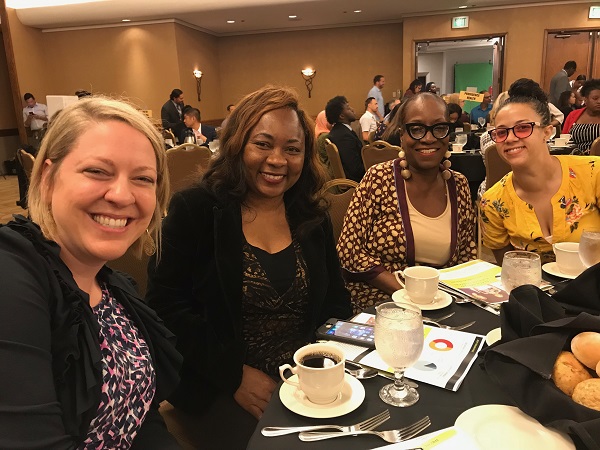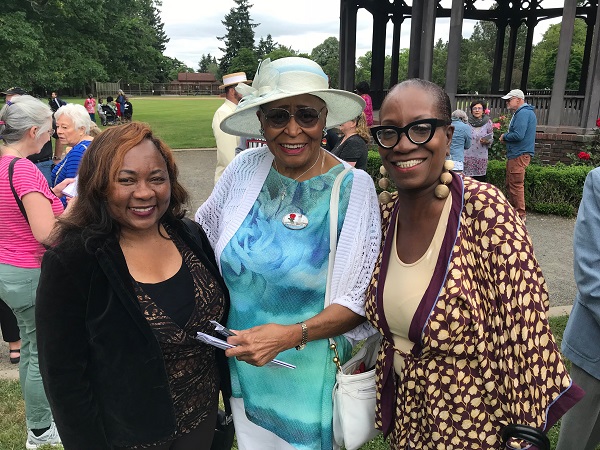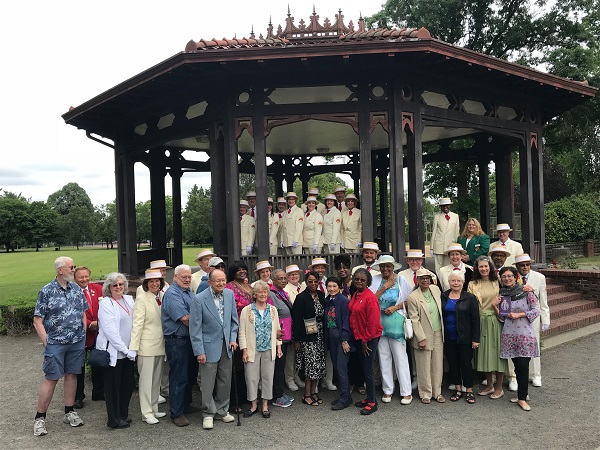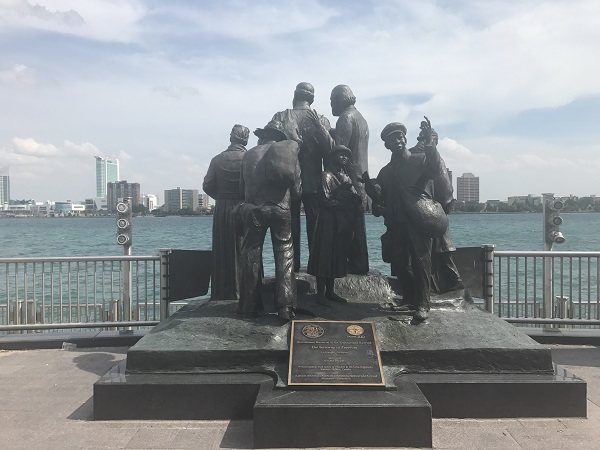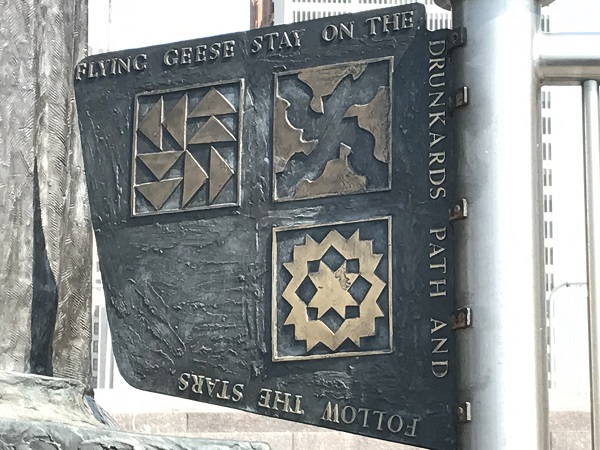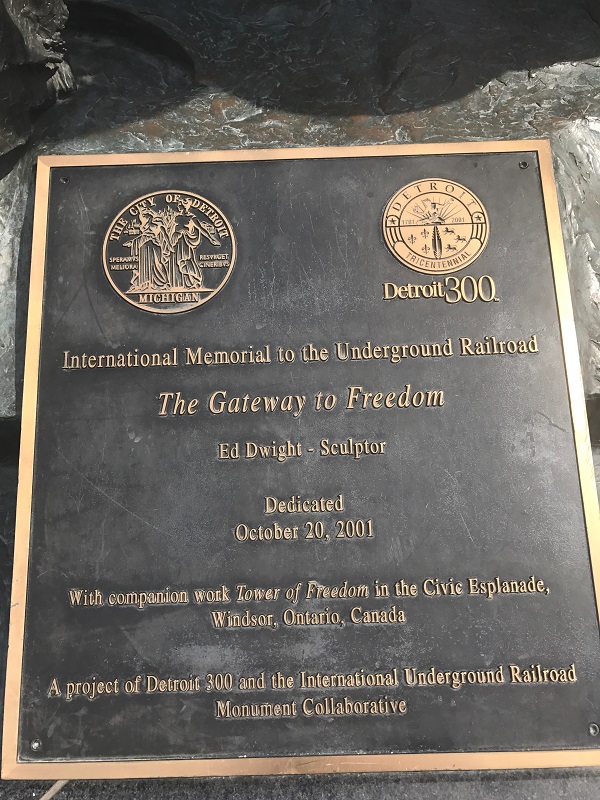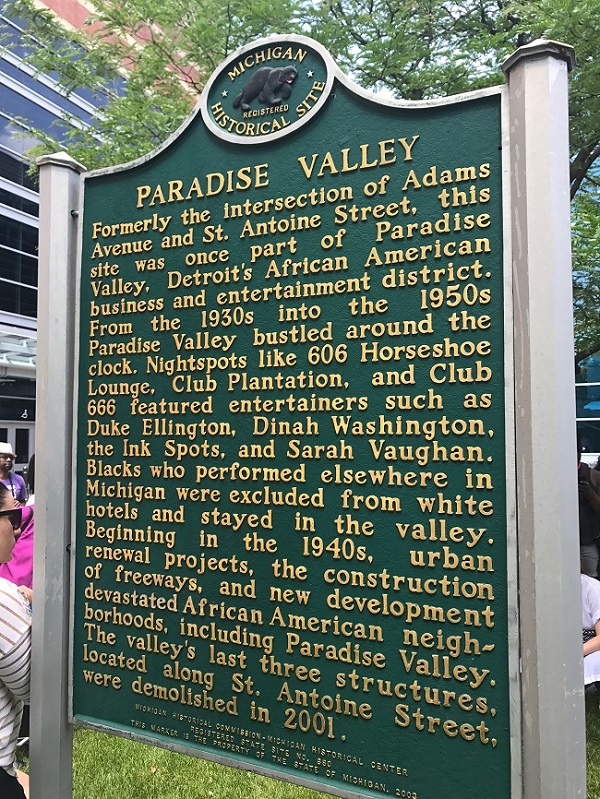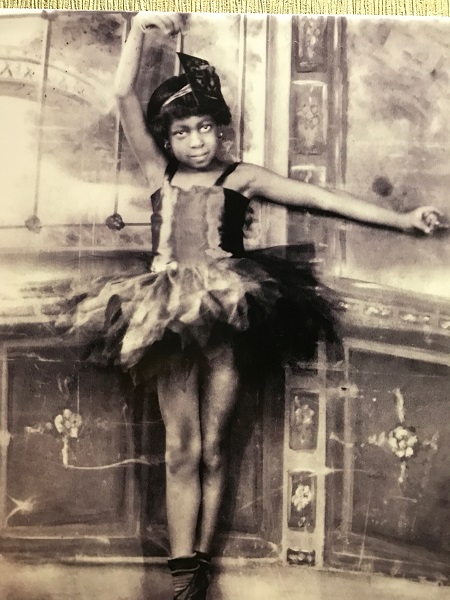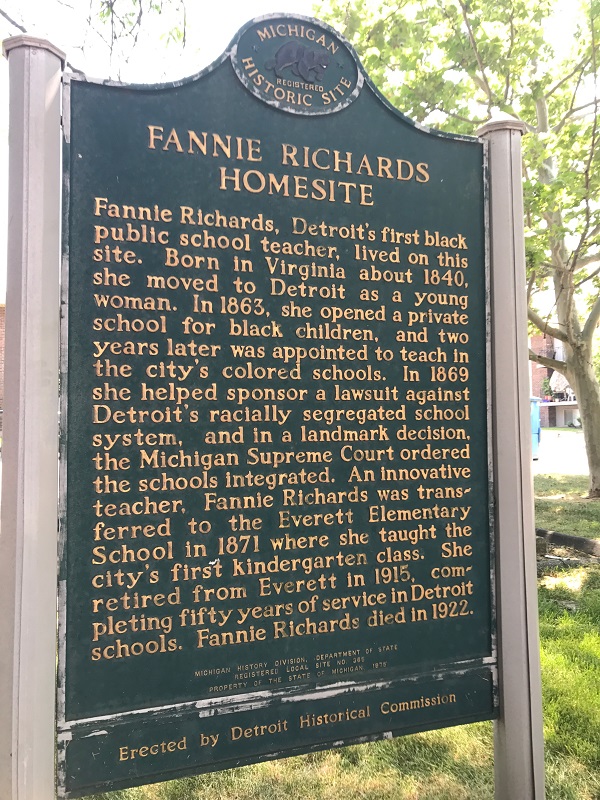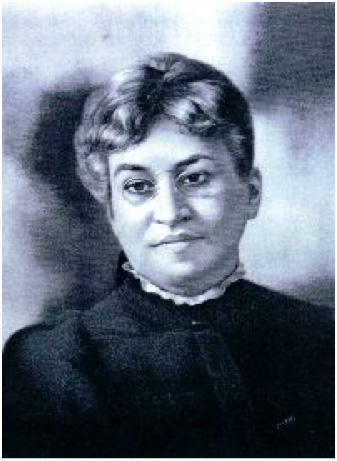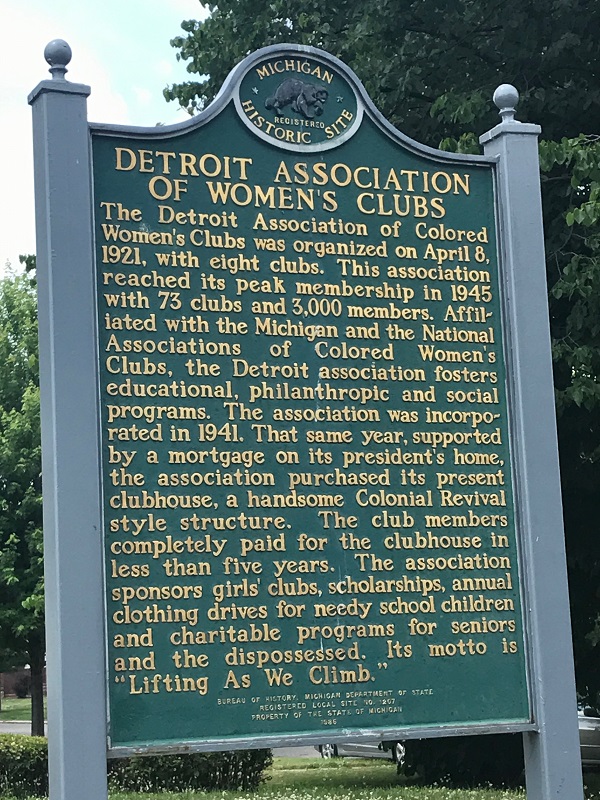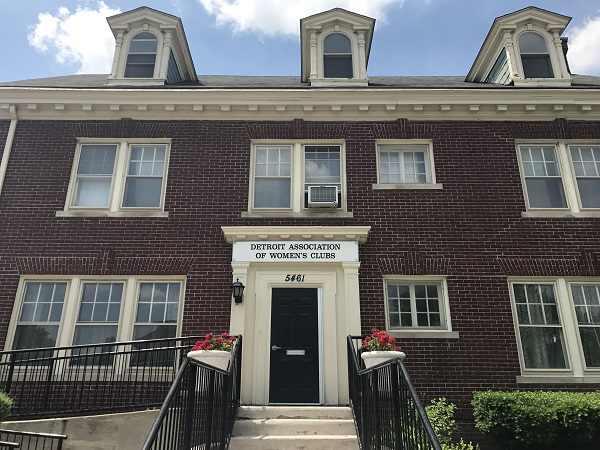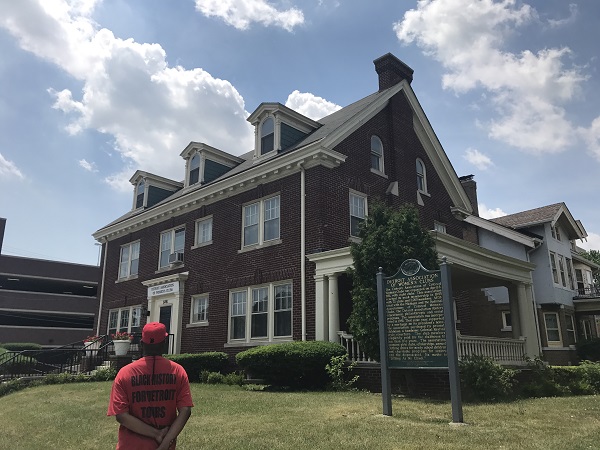Building a better future with memory activism
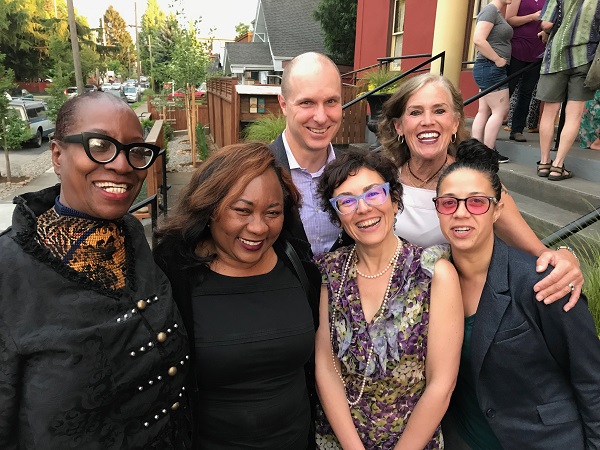
Kate is Beneficial State Foundation’s Community Engagement Officer Based in Portland, OR. Symone is Beneficial State Foundation’s Digital Engagement Manager based in Oakland, CA.
“Memory activism” is a phrase that organizers of the Vanport Mosaic Festival wove into their work to remind us that “in these times of collective amnesia, remembering is an act of resistance.”
Memorial Day weekend marked the 70th anniversary of the 1948 flood that destroyed Vanport—which at a peak of 40,000 residents was Oregon’s second largest city—in less than one hour. This year’s Vanport Mosaic Festival was an opportunity to reflect on the 50th Anniversary of the Federal Fair Housing Act that sought to prohibit discrimination on housing sales, rental and financing based on race, religion, national origin and sex.
The Vanport Mosiac Festival provided a space for Oregon residents and visitors, including our very own colleagues, to reflect on the ways the flood impacted African American neighborhoods, and to acknowledge the role city planning policies and financial institutions played in creating the displacement that followed the flood. Banks and other financial institutions helped fuel redlining and the restrictive covenants that prevented African American residents in Vanport from making new homes in certain Portland neighborhoods. The neglect of the Vanport community reflected a larger scope of racism that plagued the state.
“In these times of collective amnesia, remembering is an act of resistance.”
Memory activism as a necessary tactic for social change showed up at this year’s Allied Media Conference, which we were also represented at in June. Conference tracks like Radical Libraries, Archives and Museums, Indigenous Rising: Media as Resistance and Poetry and Storytelling for Freedom included workshops that focused on harnessing the power of memory activism for the stories we tell to inform our vision of what the future can and should look like.
The “Five Miles of Freedom” African American history tour in Detroit led by the Black Scroll Network took us on a walking tour of historical sites in Detroit where African abolitionists carried out plans to free their enslaved neighbors, African American teachers took on local government in the fight to desegregate schools, and African American women strategized to purchase homes (to be converted into community spaces) in neighborhoods that were segregated by racially restrictive covenants.
Memory activism is critical to our theory of change at Beneficial State Bank and Foundation. Building a new economy that is socially just and environmentally sustainable requires that we remember, as we work to undo, the treatment of communities that have been neglected throughout history. Economic injustice is often enforced through the intentional designing of systems and institutions that favor economic gains of white business owners and neighborhoods, at the expense of neighborhoods where African Americans and other people of color reside. A key step in correcting past wrongs is understanding the ways that communities have been harmed and listening to these communities when they identify what their present-day needs are—then figuring out what our role is in delivering the needed resources and solutions they have identified.
Check out these photos from the Vanport Mosiac Festival and Allied Media Conference.
Vanport Mosaic Festival | Vanport, OR
Allied Media Conference | Detroit, MI
Resources:
Follow Vanport Mosaic on Facebook
Vanport Mosiac’s website
Detroit historian and educator Jamon Jordan on the 1967 Detroit Raids
This blog post reflects the authors’ personal views and opinions, and does not represent the views and opinions of Beneficial State Bank and/or Beneficial State Foundation.

